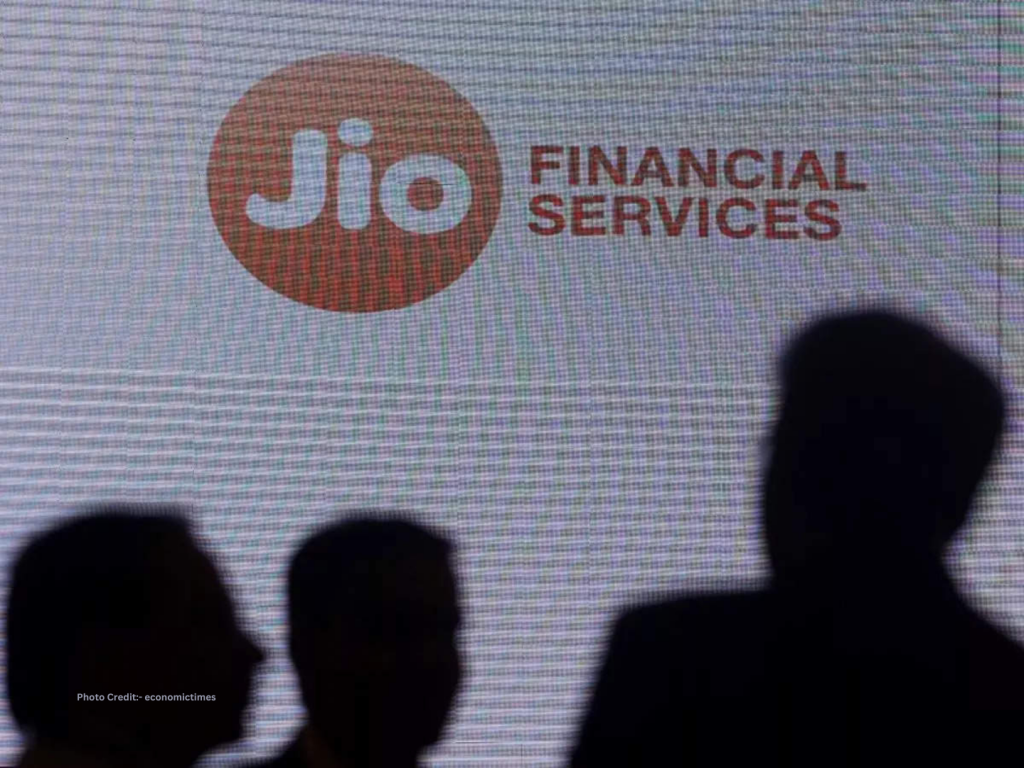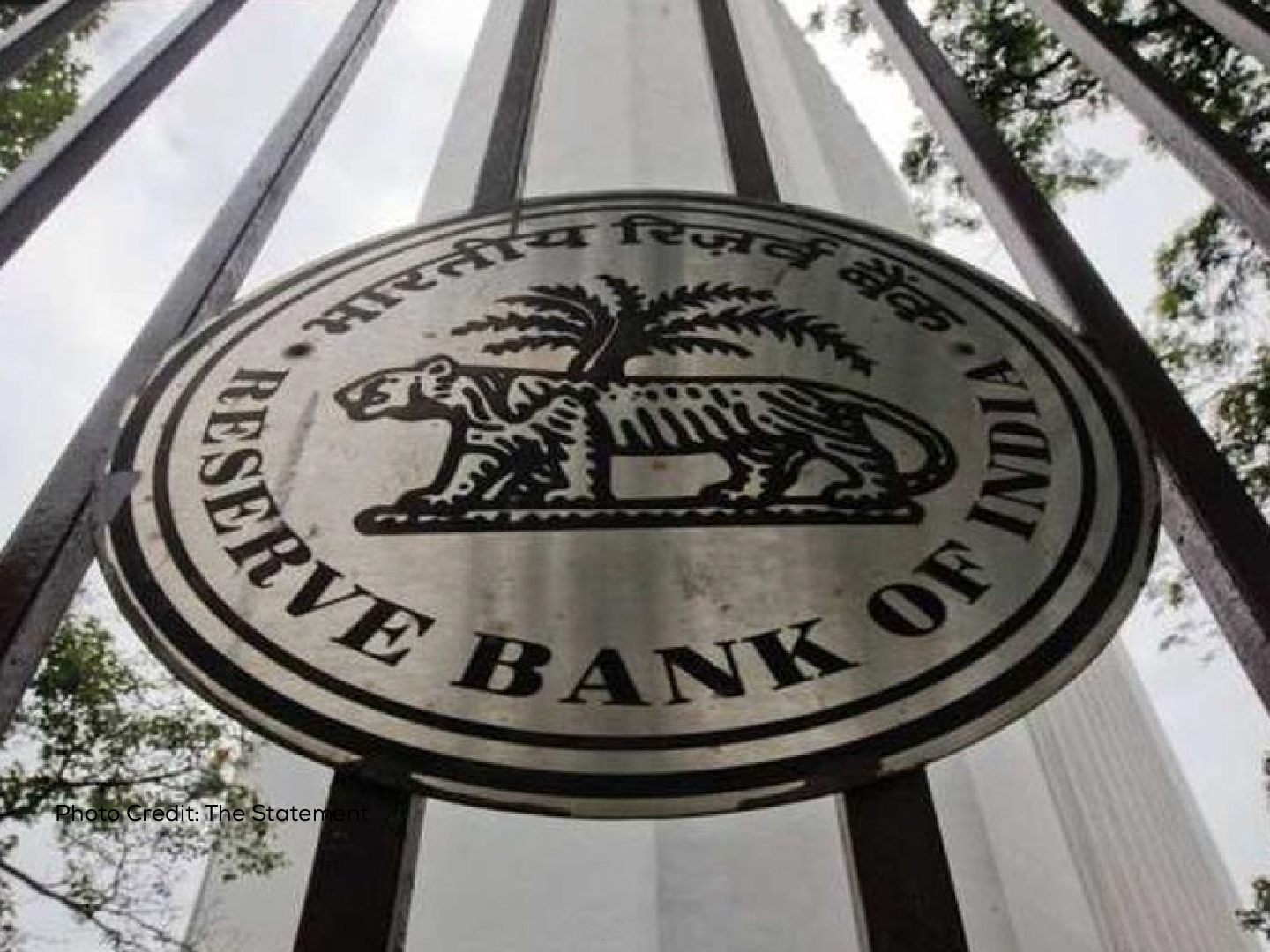Search
India sees a shadow-banking boom
August 22, 2023

Not all shadow banks are born equal. Just as nonbank lenders in China face a liquidity crunch because of their linkages with troubled property developers, their counterparts in India are moving into a higher gear.
The trajectory of financiers, especially those who don’t take state-insured deposits, is beginning to diverge in the neighboring economies. In India, Mukesh Ambani’s Jio Financial Services Ltd. made its stock-market debut Monday after being spun off from Reliance Industries Ltd., the tycoon’s flagship. The stock fell 5% on the first day of trading because nobody knows what this brand-new business will do exactly. Still, the lofty $19 billion valuation suggests investors have great expectations.
Everyone is looking to the pace set by Bajaj Finance Ltd. The current market leader, worth 2 1/2 times its untested rival, is nearly four decades old and aiming for 29% to 31% growth in assets this financial year. Together, Bajaj and Jio are more valuable than State Bank of India, the country’s largest deposit-taking institution.
The contrast with China couldn’t be starker. Shadow banking took off in the People’s Republic in 2010. That’s when Beijing became wary of the credit bubble it had fanned to insulate the economy from the Global Financial Crisis. Banks sidestepped the ensuing regulatory squeeze by buying beneficial interests in trusts and calling them “amounts due” or “financial accounts available for sale” — anything but a loan that requires capital.
Important Links:
- 4-IN-1 Professional Diploma in Banking, Financial Services & Insurance (PDBFSI): https://tscfm.org/courses/4-in-1-professional-diploma-in-banking-financial-services-insurance-pdbfsi/



